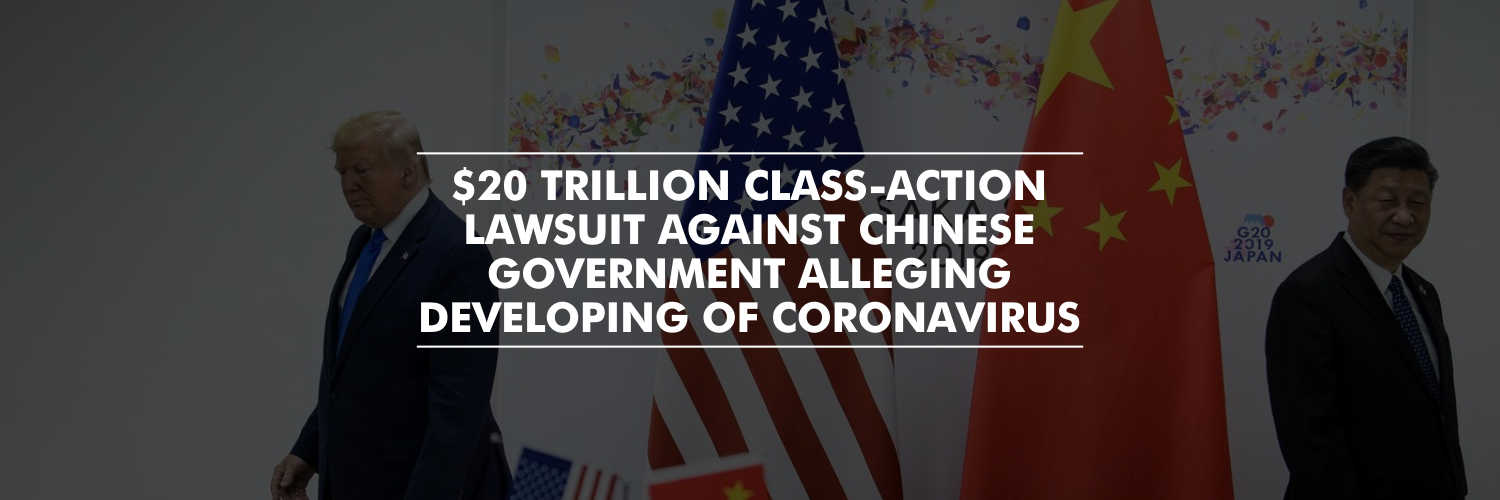Three farm laws, which led to almost a year-long protest and turmoil, have again grabbed attention after the Supreme Court-appointed panel submitted its report on March 19, 2021, and made it public on Monday.
In one of the findings, the panel stated that over 86% of farmers were in favour of the now-repealed three central farm laws. In November 2021, Modi led Centre government had withdrawn the three farm laws – Farmer’s Produce Trade and Commerce (Promotion and Facilitation) Act; The Farmers (Empowerment and Protection) Agreement of Price Assurance and Farm Services Act; and The Essential Commodities (Amendment) Act – after almost a year-long protest.
“Around 85.7 percent of the farmer organisations, representing more than 3.3 crore farmers, supported the farm laws,” the report stated.
Interestingly, the three-member panel was not in favour of the total repeal of the three laws. The panel had made suggestions to leave procurement of crops at a specified price to the states and scrapping of the Essential Commodities Act.
The report was revealed by Anil Ghanwat, one of the members of the panel, on Monday (March 21, 2021). The two other members – economist Ashok Gulati and agri-economist Pramod Kumar Joshi – were not present at the press conference.
Shetkari Sanghatana (Maharashtra) President Anil Ghanwat released the report at the press conference on Monday. He stated that he had written thrice to the Supreme Court to release the panel report on three farm laws. Ghanawat decided to release the report in absence of any response from the top court.
Out of 73, 61 Farmer Unions Supported 3 Farm Laws
Pune-based farmer leader Ghanawat said that the panel had communicated with 73 farmer organisations, representing almost 38.3 million farmers. As per the report, over 86% of the farmer groups have shown their support to the three farm laws. However, four groups representing 5.1 million farmers, did not support.
Out of those 73 organisations who submitted their responses, 61 were in favour of three controversial farm laws. 40 farmer unions who staged protests against the laws under Samyukt Kisan Morcha (SKM) didn’t submit their response despite repeated requests.
“Repealing Farm Laws Unfair To Silent Majority”: Suggestions Made By SC-Appointed Panel
Amit Ghanawat released the report on Monday where he stated that the apex court-appointed panel was against the complete repealing of those contentious legislations. He stated that the panel has opined that repeal or a long suspension of these laws would be unfair to the silent majority who support the farm law.
The panel was of the opinion that there should be some flexibility in the implementation and design of the laws.
- The panel has suggested giving freedom to states to make the Minimum Support Price (MSP) system legal.
- An open-ended procurement policy should be discontinued and a model contract agreement should be formulated. The report has no relevance now as the laws have been repealed but it would help in making policies for the agriculture sector in the future, Ghanawat said.
- Considering farmers’ union demand to legalise the MSP system illogical and infeasible, the panel suggested that MSP and procurement support policy (as was designed for cereals during the Green Revolution time) needs to be revisited given that huge surpluses of wheat and rice have emerged.
- Procurement of crops at a declared MSP can be the prerogative of the states as per their specific agricultural policy priorities. The states can provide for legal backing for such procurements at their own costs – as the recent Punjab Amendment Act does. Kerala, as an example, has recently announced MSP for fruits and vegetables. Some states also announce bonus on the MSP announced by the Centre.
- Give freedom of choice to beneficiaries of PDS to choose cash transfers equivalent to MSP + 25 percent for every kg of grain entitlement or get it in kind (wheat or rice).
- One of the options that the committee deliberated upon is to allocate the current expenditure by the central government on procurement, storage and PDS of wheat and rice across states based on an objective formula giving due weightage to production, procurement and poverty. The states should be given the freedom to devise their own approaches to support farmers and protect poor consumers in their respective states.






